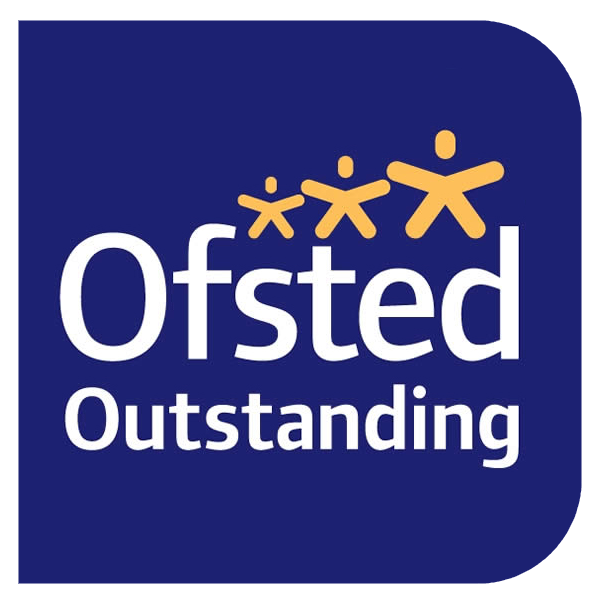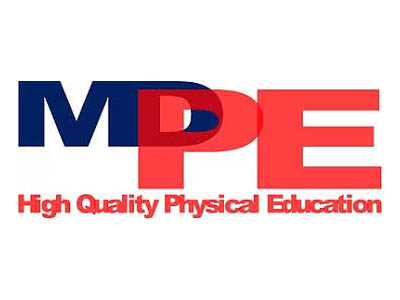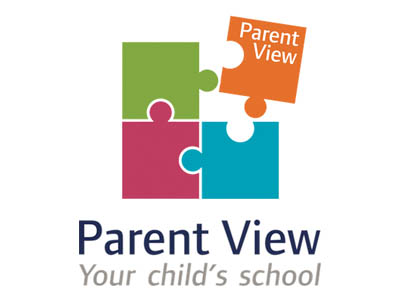French
Intent
French objectives are taken directly from the National Curriculum. Objectives are broken down and sequenced between Years 3 and 6 so that children are constantly developing their language skills and building on prior knowledge. There is an expectation to use the knowledge gained in each year group to engage in basic conversations in the language of French. We aim to promote an interest in the French language and culture through progressive objectives, with each year building on previous learning. The objectives are developed and progress in a way that promotes a solid foundation in vocabulary, language and pronunciation.
Implementation
Throughout each year group, there is a focus on asking and answering questions as well as expressing opinions. Skills needed to listen and respond in French as well as the exploration of patterns and sounds are learned in Year 3. Children move on to developing pronunciation and careful reading of French vocabulary in Year 4. In Year 5, children are taught to read words in French carefully to improve understanding and broaden their vocabulary. Finally, an understanding of basic grammar and an ability to adapt phrases from memory is the focus in Year 6.
Teachers create a series of lessons that are delivered once a week, with each session building on the last according to specific year group objectives. A wide range of resources including vocabulary flashcards, keynote presentations, videos and songs are used to target progression in memorization of key vocabulary as well as accurate pronunciation. Use of iPads for audio, visual and written recording is central to French teaching in school. Opportunities to listen and speak in French are provided in every lesson with an emphasis on building engagement and enthusiasm in our learners.
We provide French language learning for all children regardless of background or ability, including those with SEND. Due to the repetitive nature and engaging methodology of language learning, children with SEND can access the French curriculum on an equal footing with other learners.
Opportunities to learn about French culture are intrinsically linked with language learning through songs, nursery rhymes, specific vocabulary and grammar. This developing awareness feeds into wider school objectives to promote tolerance and knowledge of cultures different to our own.
Although foreign languages are not taught in KS1, objectives in KS2 French have strong links to EYFS and KS1 learning such as the ability to talk about themselves and the wider world and giving opinions.
Impact
Learning a Modern Foreign Language prepares pupils to participate in a rapidly changing world. Children leave with lifelong language learning skills and skills that they will be able access in the future to help them to learn new languages or to improve their competence in an existing language. Children will develop an increased capability in the use of MFL, promoting resilience, confidence and independent learning, as well as encouraging diversity within society.








